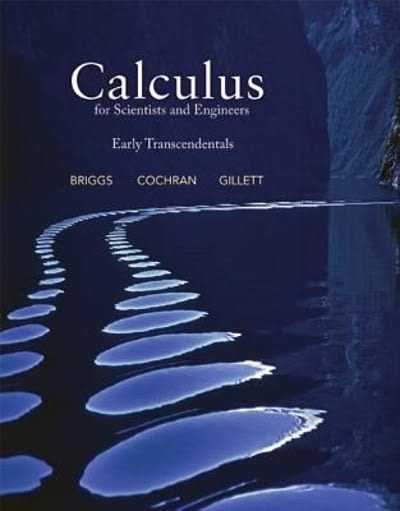Question
A survey asked students of different age groups whether or not they had applied to more than one school. After gathering the data, the following
A survey asked students of different age groups whether or not they had applied to more than one school. After gathering the data, the following joint probability table was produced.
| Applied to More Than One School | ||||
|---|---|---|---|---|
| Yes | No | Total | ||
| Age Group | 23 and under | 0.1012 | 0.0992 | 0.2004 |
| 24-26 | 0.1498 | 0.1895 | 0.3393 | |
| 27-30 | 0.0923 | 0.1324 | 0.2247 | |
| 31-35 | 0.0322 | 0.0947 | 0.1269 | |
| 36 and over | 0.0263 | 0.0824 | 0.1087 | |
| Total | 0.4018 | 0.5982 | 1.0000 |
(a) Given that a person applied to more than one school, what is the probability that the person is 24-26 years old? (Round your answer to four decimal places.)
(b) Given that a person is in the 36-and-over age group, what is the probability that the person applied to more than one school? (Round your answer to four decimal places.)
(c) What is the probability that a person is 24-26 years old or applied to more than one school? (Round your answer to four decimal places.)
(d) Suppose a person is known to have applied to only one school. What is the probability that the person is 31 or more years old? (Round your answer to four decimal places.) (e)Is the number of schools applied to independent of age? Explain.
Yes, becauseP(24 to 26 | Yes) =P(Yes | 24 to 26).
No, becauseP(24 to 26 | Yes)P(24 to 26).
Yes, becauseP(31 to 35No) = 0.
No, because the two events aren't mutually exclusive.
Step by Step Solution
There are 3 Steps involved in it
Step: 1

Get Instant Access to Expert-Tailored Solutions
See step-by-step solutions with expert insights and AI powered tools for academic success
Step: 2

Step: 3

Ace Your Homework with AI
Get the answers you need in no time with our AI-driven, step-by-step assistance
Get Started


